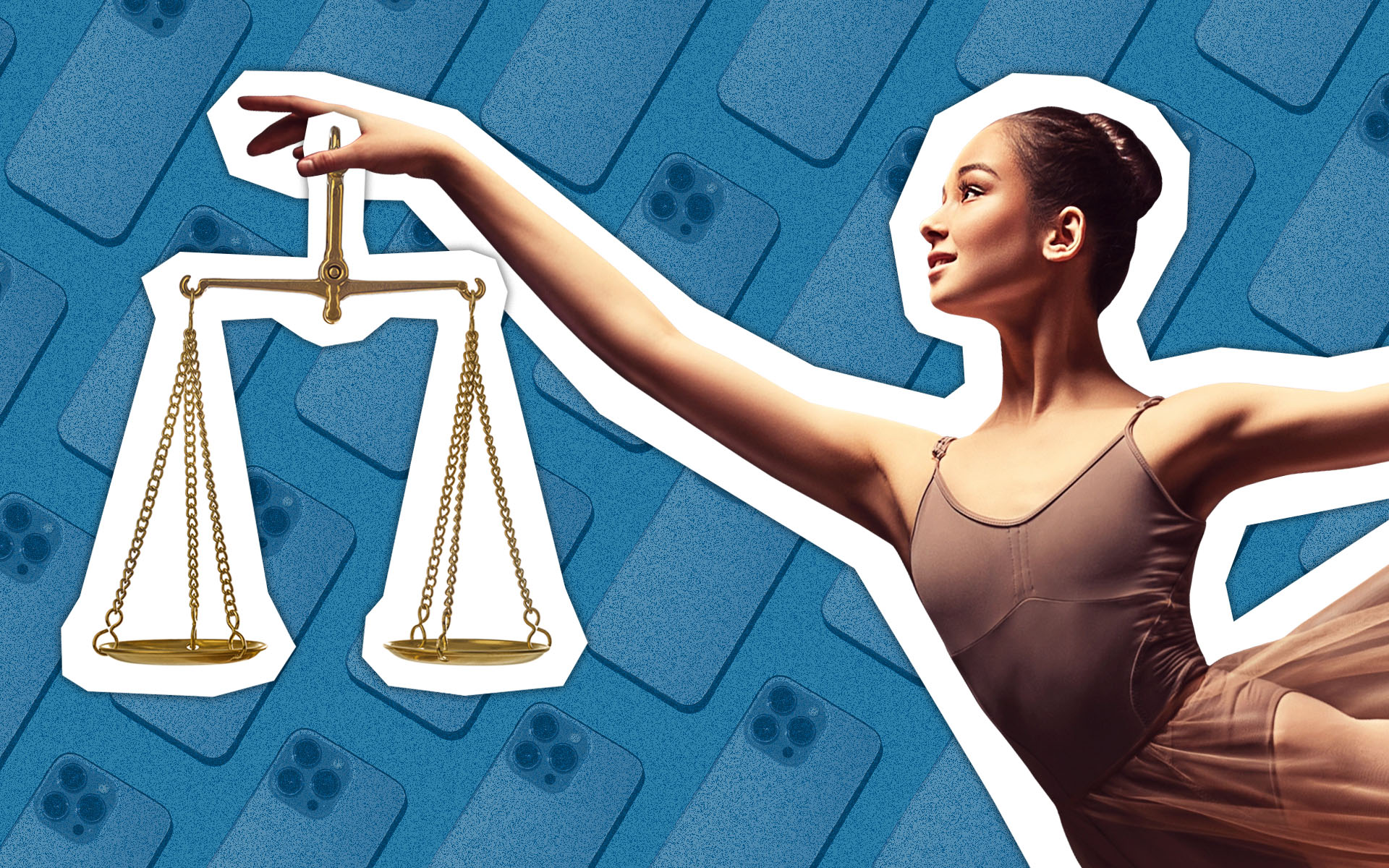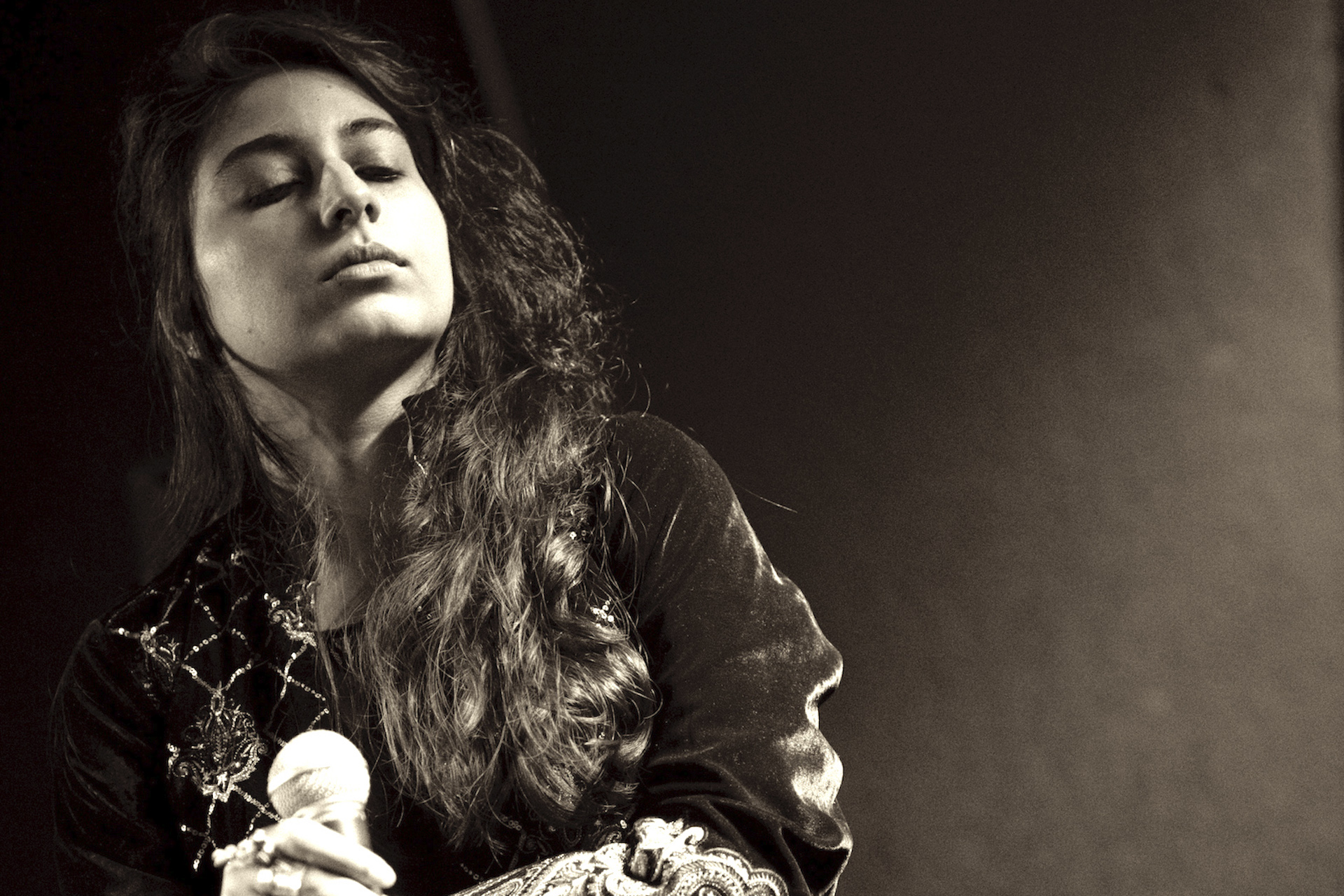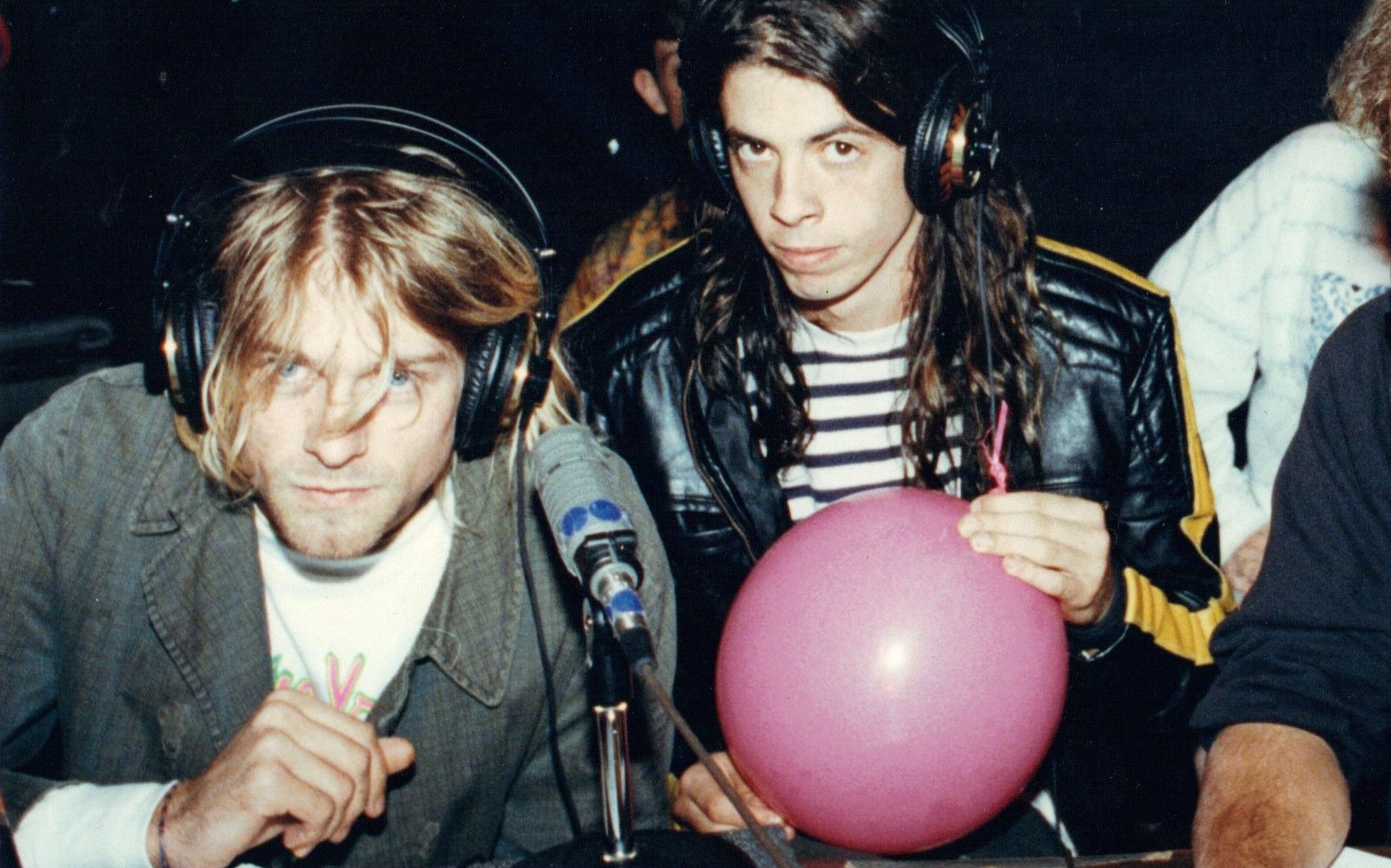Here We Are Now: Entertain Us
It’s 2021, exactly 30 years since Nirvana released their breakthrough second album, Nevermind. This year also marks the year that Kurt Cobain has been dead longer than he was alive. Nirvana’s impact has continued to echo in the momentous musical years since Cobain’s death. But has anything come close to affecting the seismic shift in pop music that Nirvana brought about? Let’s take a look at the 27 years since Cobain’s death, and see if anything has really changed in rock and pop since the early ’90s.
1995: Britpop reaches a fever pitch in the UK, with Blur and Oasis going head to head to see who can sell more albums. Though Blur win the battle, selling 58,000 copies more, Oasis wins the war, eventually achieving immortality through the “Anyway, here’s ‘Wonderwall’” meme and the fact that the song currently has more than 1 billion streams. In Europe, people care deeply about the Britpop feud, but in the States a less silly battle—the East Coast/West Coast rap feud—begins.
1996: Foo Fighters, featuring Nirvana’s Dave Grohl and Pat Smear become the biggest band in America.
1997: Radiohead release OK Computer, which is a good thing, but Creed release My Own Prison, which is a bad thing.
1998: Britney Spears releases her “…Baby One More Time” single, opening the doors for her former Mickey Mouse Club cast mates like Christina Aguilera and JC Chasez and Justin Timberlake of ‘N Sync.
1999: Woodstock ’99 is dominated by bands continuing in an angrier version of the grunge tradition, but raised on Licensed to Ill, like Limp Bizkit and Rage Against the Machine. It’s a huge, violent mess. By this time, MTV has pretty much stopped airing music videos.
2000: Metallica files a suit against Napster, Eminem releases The Marshall Matthers LP, and boy bands are the dominant force in pop music.
2001: The Strokes release their debut, Is This It? It is it, apparently, and leather-clad NYC bands become the new Millennium’s version of flannel-clad bands from Seattle.
2002: The iPod arrived in late 2001, but this was before people lined up outside of Apple stores to buy new wares from the computer company. By 2002, most music lovers with $300 to spare had invested in one.
2003: Beyoncé arrives, with her first solo effort, Dangerously in Love. That same year, Jay Z releases The Black Album.
2004: A nip-slip at the Superbowl reveals a double standard that ruins Janet Jackson’s music career and makes Justin Timberlake’s take off. And Kanye West arrives with his debut album, The College Dropout.
2005: Deadmau5 releases his debut album and DJ culture begins to reclaim a global audience. YouTube is launched in February of this year.
2006: The mashup goes mainstream, with Danger Mouse having released The Grey Album two years previously, he paves the way for Girl Talk, who releases his genre-defining work, Night Ripper.
2007: The world falls in love with Amy Winehouse.
2008: Lady Gaga releases her debut, The Fame.
2009: Michael Jackson dies. At the MTV Video Music Awards, Madonna eulogizes him. But the biggest news of that awards show happens when Kanye embarrasses Taylor Swift. MTV still doesn’t play music videos.
2010: Skrillex releases “Scary Monsters and Nice Sprites,” and your parents start asking you what this thing called dubstep is. Justin Bieber also releases his debut this year.
2011: Arcade Fire win the “Album of the Year” Grammy, which is a good thing, but Amy Winehouse dies, which is a bad thing. Spotify launches in the United States and musicians and music lovers are still trying to figure out if that’s a good thing or a bad thing.
2012: The surviving members of Nirvana reunite for a one-off with Paul McCartney, whose songs Kurt Cobain had once called “embarrassing.”
2013: Miley Cyrus wasn’t even born when her dad Billy Ray had a hit with “Achy Breaky Heart.” Billy Ray Cyrus would later say he shared a friendship with Kurt Cobain when both were on top of the charts, but felt like outcasts at the Billboard Awards in 1992. By 2013, Miley took a wrecking ball to her Disney career and made headlines twerking at the VMAs. She has also been known to cover Nirvana’s “Smells Like Teen Spirit” live. This same year, “Smells Like Teen Spirit” gets a workout in Jay Z and Justin Timberlake’s “Holy Grail” single. Also in 2013, the Weeknd releases his debut, Kiss Land, which hints at the greatness he would achieve later in the decade.
2014: Taylor Swift releases 1989, completing her transformation from country to pop-country to the best pop music of this century, and sells more than 10 million copies worldwide. Meanwhile, Nirvana are inducted into the Rock and Roll Hall of Fame. For their performance, the surviving members recruit the most badass women in the genre to sing in place of Kurt Cobain: St. Vincent, Joan Jett, Lorde, and Kim Gordon of Sonic Youth.
2015: The estate of Marvin Gaye sues Robin Thicke, Pharrell Williams, and T.I., alleging that their song “Blurred Lines” infringes upon the copyright of the Marvin Gaye songs “Got to Give it Up” and “Sexy Ways.” Gaye’s estate prevails in the lawsuit, and many in the music industry express fear for what that verdict means for limitations on inspiration.
2016: The world loses more rock royalty when David Bowie dies on January 10, and Prince dies on April 21. The world also gains a classic album when Beyoncé releases Lemonade on April 23.
2017: A suicide bomber kills 23, including himself, and injures 1,017 others at an Ariana Grande concert in Manchester, UK. By this point Ariana Grande had become a superstar, releasing three albums, two of which have gone Double Platinum, while the other went Platinum.
2018: Bruno Mars became a superstar in the earlier part of this decade, and we didn’t have room to mention him earlier, so we’re mentioning him in 2018, because that’s the year he had become so ubiquitous that Nirvana bassist Krist Novoselic appeared in a Portlandia sketch, along with Henry Rollins of Black Flag and Brendan Canty of Fugazi, singing the praises of Bruno’s showmanship.
2019: Lil Nas X becomes a superstar, courtesy of millions of listeners on the burgeoning TikTok app. When Billboard pulls his “Old Town Road” from the Country chart—claiming it lacked “elements of today’s country music in its current version”—Lil Nas X brought in Billy Ray Cyrus (in his bizarre second appearance on this list) to sing the chorus. By that time it almost didn’t matter because TikTok had crossed Lil Nas X over into mainstream popularity.
Billie Eilish breaks out with her first official studio album, When We All Fall Asleep, Where Do We Go? and Dave Grohl compares her cresting popularity to what he experienced with Nirvana in 1991.
2020: The touring industry shuts down for more than a year because of the COVID-19 pandemic.
2021: Spencer Elden, the baby featured on the cover of Nevermind, sues Nirvana for child sexual exploitation and pornography. Also of note, Phoebe Bridgers smashes her guitar on Saturday Night Live, the first artist to intend to commit such destruction to their own instruments on the show since Nirvana in 1992.
Main photo of Kurt Cobain and Dave Grohl courtesy of Wiki Commons. The photo comes from the night before Nirvana released “Nevermind,” and were giving a radio interview with DJ Kurt St. Thomas on now defunct Boston radio station WFNX. Photo credit: Julie Kramer. Portions of this article were previously published in the now defunct Metro Newspaper.





